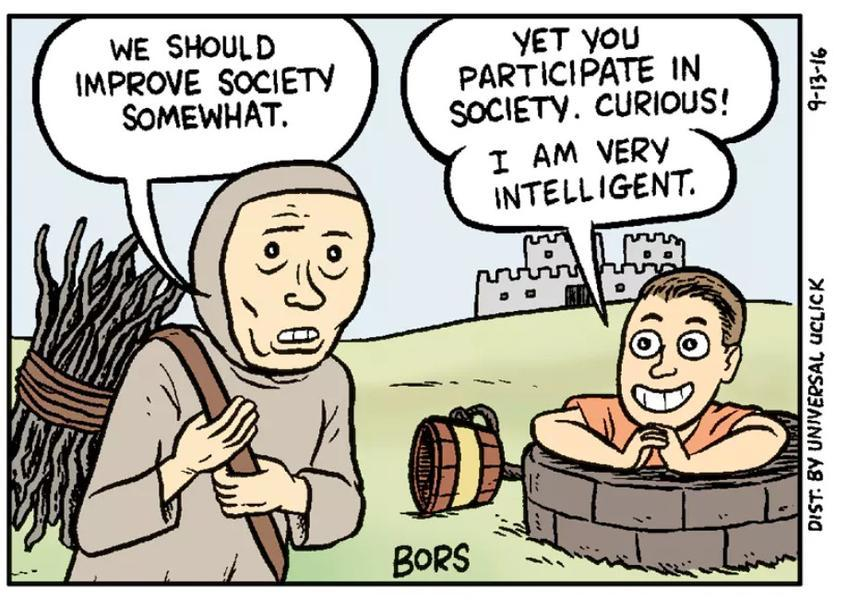So this is a question I come up against frequently, not least because I am a privacy-conscious person who is also on Twitter.
Time for a mini-thread. https://twitter.com/rahulroy662/status/1387218900899667971">https://twitter.com/rahulroy6...
Time for a mini-thread. https://twitter.com/rahulroy662/status/1387218900899667971">https://twitter.com/rahulroy6...
I& #39;ve done a quick explainer previously about how context of what you share, where, with who, for what purpose, etc. matters: https://twitter.com/Iwillleavenow/status/1263500868042715136?s=20">https://twitter.com/Iwillleav...
To expand a bit on that thread, I may share a lot of my thoughts about work, random observations, and movie tweets on here because I& #39;m comfortable with those things being widely-known. But there are plenty of things about me, my family, and friends that I purposely keep off here.
That& #39;s not hypocrisy, it& #39;s exercising control/choice. We do the exact same things in the non-digital realm all the time. I& #39;ll talk about things with my mom I would never share with my boss. This is pretty standard.
The bit that makes it complicated is that a lot of companies/regulations/rulings/etc. have decided that making something public anywhere that& #39;s findable basically gives up control over that information forever.
I think that& #39;s both terrible and ridiculous, so I push back on it. A lot.
Absolute secrecy should not be a requirement for privacy.
Absolute secrecy should not be a requirement for privacy.
Another factor that I didn& #39;t hit in that thread has to do with personal preference/comfort. There are privacy pros with no social media presence or who use aliases or who have NO smart devices around them ever.
There are also privacy pros who know about devices& #39; data collection, privacy issues, etc. and choose to have tons of social media and apps, the latest tech devices, use Alexa and FitBit and others, etc.
I probably fall towards the middle with a slight lean towards protective.
I probably fall towards the middle with a slight lean towards protective.
Each option is fine when people are fully aware of and informed of the risks, weigh pros and cons, and make their own choices. Sometimes the convenience is worth it! Sometimes you want to see what devices/companies can do! Sometimes you hate the terrifying ordeal of being known!
Everyone has their own balancing test and comfort level when it comes to privacy stuff. I& #39;m unlikely to suddenly be real chill about all the creepy surveillance and privacy issues I see, but I respect that other people see the same information and come to different conclusions.
I think two things are key in this choice, though:
- do people actually know and understand what the privacy risks are
- do people have a meaningful option to reject that risk if they want
- do people actually know and understand what the privacy risks are
- do people have a meaningful option to reject that risk if they want
The first is hard because many companies and governments are not super open about the ways they collect and use your information. You have to hunt down those details or parse incredibly complex disclosures to get them. This is where advocacy groups and journalists are great help!
The second bit - the "meaningful" option - is another tricky part. I reference it all the time, but @kashhill had an incredible series where she took a week per big company (for five companies) to try to keep them from getting any information on her.
In some cases, it was literally impossible. In others, she could not functionally do her job or live her life close to normally while avoiding these things. It& #39;s a demonstration of how difficult not using certain services is now. It& #39;s all integrated in "normal" life.
Anyway, I& #39;m essentially trying to say that there are many valid reasons why you would care or be concerned about privacy issues - and may be actively fighting for better protections - while also participating in privacy-weak things. The two are not mutually exclusive.
Also, just don& #39;t be this guy. This guy is the worst.

 Read on Twitter
Read on Twitter


